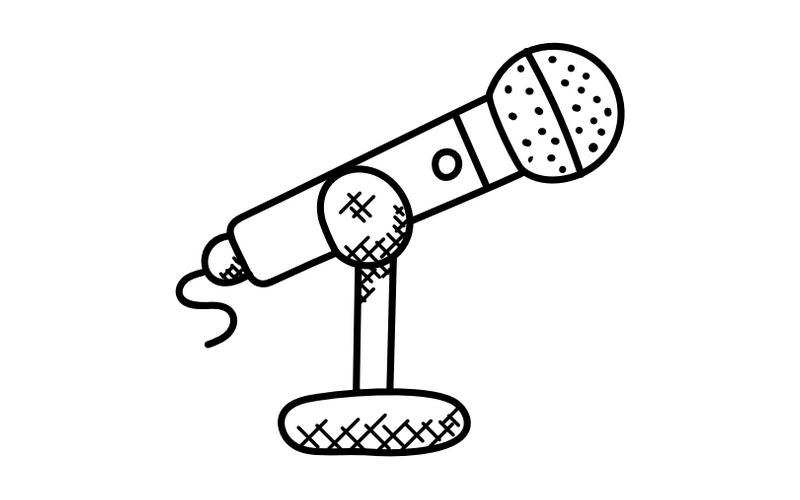Giving evidence to Parliamentary Select Committees
Making a written submission to a Select Committee inquiry
- Be succinct: Committees can receive many written submissions to each inquiry, so there is little appetite for lengthy submissions. Think about the crucial points to get across and focus on these. Keep your submission as short as possible. Note that you don’t need to respond to every question posed, but do be clear about which ones you are answering.
- Be focused: Your submission should largely respond to the specific questions posed by the Committee. If you would like to make additional points to the inquiry questions, be explicit that you are doing this.
- Be clear: Remember that Committee Members are not experts; write your submission avoiding acronyms where possible and use clear language pitched at the level of a very intelligent sixth former.
- Be as definitive as possible: Submissions that make clear arguments and draw clear conclusions are more likely to be effective than those that are largely discursive and do not adopt conclusions. Committees are looking for evidence and advice to inform their inquiry and value submissions that provide clear evidence, arguments and conclusions.
- Use evidence wherever possible: Committees can be persuaded by powerful arguments alone, but they are more likely to be so if it is supported by convincing evidence. Providing them with relevant evidence will also be seen as helpful to their work and give your submission more chance of being referred to and used in their final report.
- Submissions are an opportunity to both inform and influence: Determine if you are trying to inform, influence or do both when preparing your submission. Be clear if you are making recommendations to the Committee or seeking to advise them on their final conclusions and recommendations.
- Include a summary: This should focus on your key points and conclusions. Write it on the basis that this might be the only part of your submission that is read – it will certainly be the part that is referred to most. The ‘Executive Summary’ should be placed before the Introduction, in bullet points, and surrounded by a text box in order to highlight it.
- Preparation: Ensure that you understand the Committee’s agenda and wider public opinion. The latter will usually drive the Committee’s questions. Follow the press, look at previous evidence sessions on the same inquiry, look at individual Members’ interests, and speak to the Committee Clerk or Adviser – all of these can help you identify the Committee’s concerns and the interests of individual Members.
Download Select Committee Sumbmission guidance and template →
Giving Oral Evidence
- Watch some oral evidence sessions: Watching others give oral evidence will increase your understanding of the process and develop your appreciation of the interests and approach of different Committee members. Evidence sessions are usually open to the public (unless there is an unavoidable need for privacy), and you can view them online.
- Structure your responses: Prepare a few key messages in advance and have these to hand so that you can refer back to them throughout the hearing (these can be the same as your opening statement). Rehearse what you are going to say in advance to ensure you are confident in articulating it – it helps to do this with a ‘critical friend’.
- Open with a succinct statement: Committees like to get into the questioning promptly, but if granted the opportunity open with a succinct statement that addresses no more than three key points. Answering questions: Respond directly to the question asked, and be succinct with your answers throughout. Stay on message and do not provide too much background information or get bogged down in unnecessary contextual detail.
- Be accurate and consistent on factual questions: If you cannot answer a question or you think it is not appropriately aimed, say so. Do not try to bluff or turn the question into another question that you can answer. You can also offer to come back to the Committee in writing at a later date if they have asked about something which you can investigate further.
- Manners: At times a Committee, or individual Members, can be hostile (although most are not). However, as a witness, your role, is to assist them to do their work and build their evidence. Respond calmly and courteously as this will help your evidence to be heard.
- Follow-up: If you do not feel you quite got your point across properly during the session, follow up with further written evidence to clarify or expand on what you said. You should also consult the official Parliamentary guidance on giving oral or written evidence
Guide for witnesses giving written or oral evidence to a House of Commons select committee (pdf) →
See more how-to guides
 Close
Close







